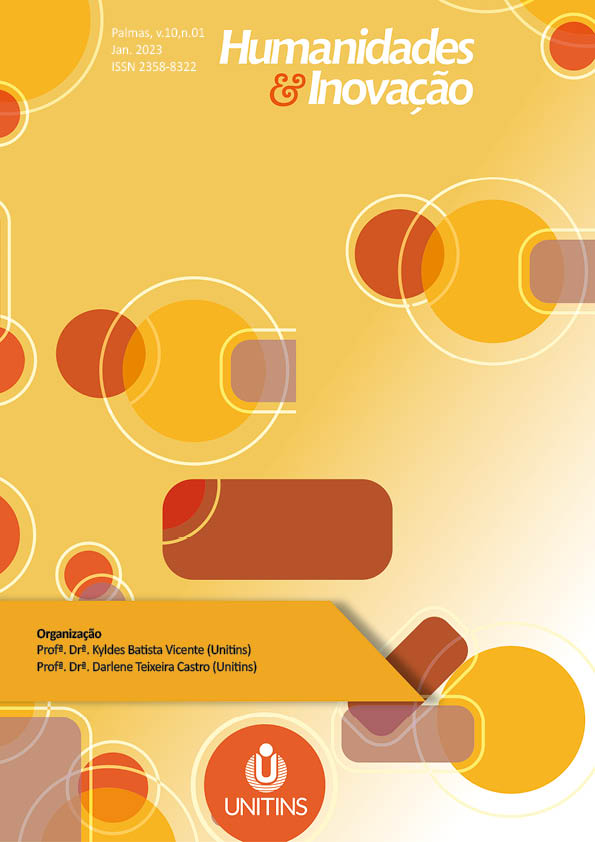CIDADANIA PLANETÁRIA NOS SONS DOS POVOS INDÍGENAS DO CEARÁ: ARRANJOS MUSICAIS POLIFÔNICOS ESCRITOS PARA CORAL
Abstract
The article presents the aspects related to the study of the cultural contexts and musical manifestations of five indigenous peoples of Ceará, which will be an integral part of the repertoire of the Choir of the Pedagogical Support and Monitoring Program (PAAP) of the Federal University of Ceará (UFC). The objective of the inclusion of indigenous musical education in the activities of the Choir is to articulate music in a transversal and transdisciplinary way as an instrument of integral formation. In the theoretical foundation, one of the most discussed authors was the sociologist Boaventura de Sousa, who claims to exist an abyssal line between scientific knowledge, said as the only true one for being proven through methods and experiments, and popular knowledge of indigenous peoples and peasants, not accepted by the scientific community, but which, for centuries, remained orally protected. The methodology used was action research, which glimpses both the lived practice, life experience, academic research and its evidential processes.
References
AUSUBEL, D. P. A aprendizagem significativa: a teoria de David Ausubel. São Paulo: Moraes, 1982.
COHN, C. Culturas em Transformações: os índios e as civilizações. São Paulo: Perspectiva, 2001.
FARIAS, Airton. História do Ceará. 6ª ed. rev. e ampli. Fortaleza: Armazém da Cultura, 2012.
LACLAU, E. Emancipation(s). London: Verso, 2007.
MORAES, Silvia Elisabeth; FREIRE, Ludmila de Almeida. The University Curriculum and the Ecology of Knowledges: building a Planetary Citizenship, in Transnational Curriculum Inquiry, Vol 13, No 1. 2016.
OLIVEIRA, Acauam Silvério de. O Modelo Semiótico de Luiz Tatit e Suas Implicações na Análise da Canção Popular no Brasil: algumas considerações iniciais. Linguagem – Est. e Pesq., Catalão-GO, vol. 16, n. 2, p. 131-147, jul./dez. 2012.
SANTOS, Boaventura de Sousa. Para além do Pensamento Abissal: das linhas globais a uma ecologia de saberes. Novos Estudos Cebrap, 79, São Paulo, 2007.
UNIÃO EUROPÉIA, Adelco, Esplar. Situação dos povos indígenas do Ceará: Movimento Indígena do Ceará, Fortaleza, 2016.
TATIT, Luís. O cancionista: composição de canções no Brasil. São Paulo, Edusp, 1996.
TATIT, Luís. Semiótica da canção: música e letra. São Paulo, Escuta, 1995.
TUGNY, Rosângela Pereira de; QUEIROZ, Ruben Caixeta. Músicas Africanas e Indígenas no Brasil: Editora UFMG, Belo Horizonte, 2006.
Copyright Notice
The submission of originals to this periodic implies in transference, by the authors, of the printed and digital copyrights/publishing rights. The copyrights for the published papers belong to the author, and the periodical owns the rights on its first publication. The authors will only be able to use the same results in other publications by a clear indication of this periodical as the one of its original publication. Due to our open access policy, it is allowed the free use of papers in the educational, scientific and non-commercial application, since the source is quoted (please, check the Creative Commons License on the footer area of this page).











